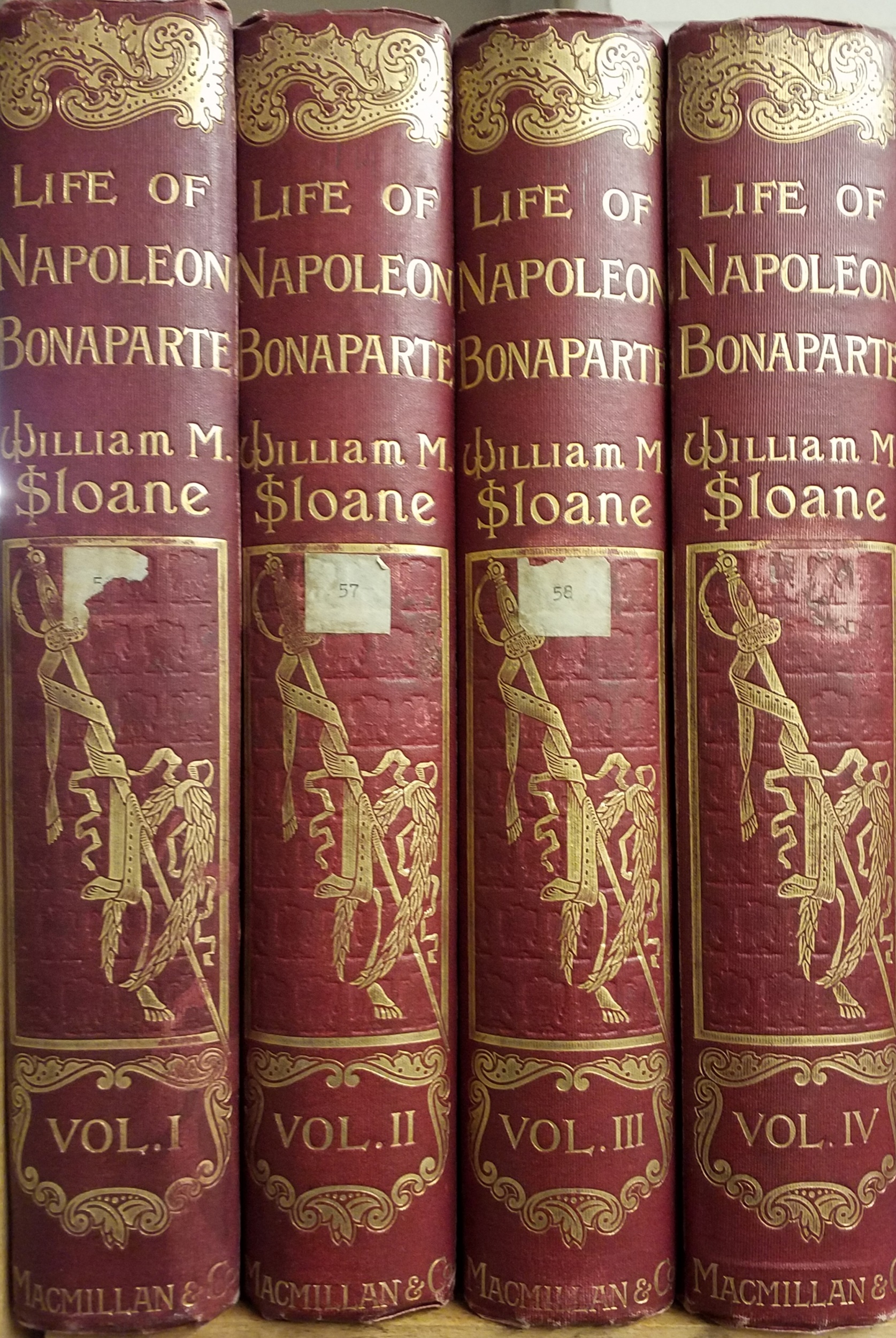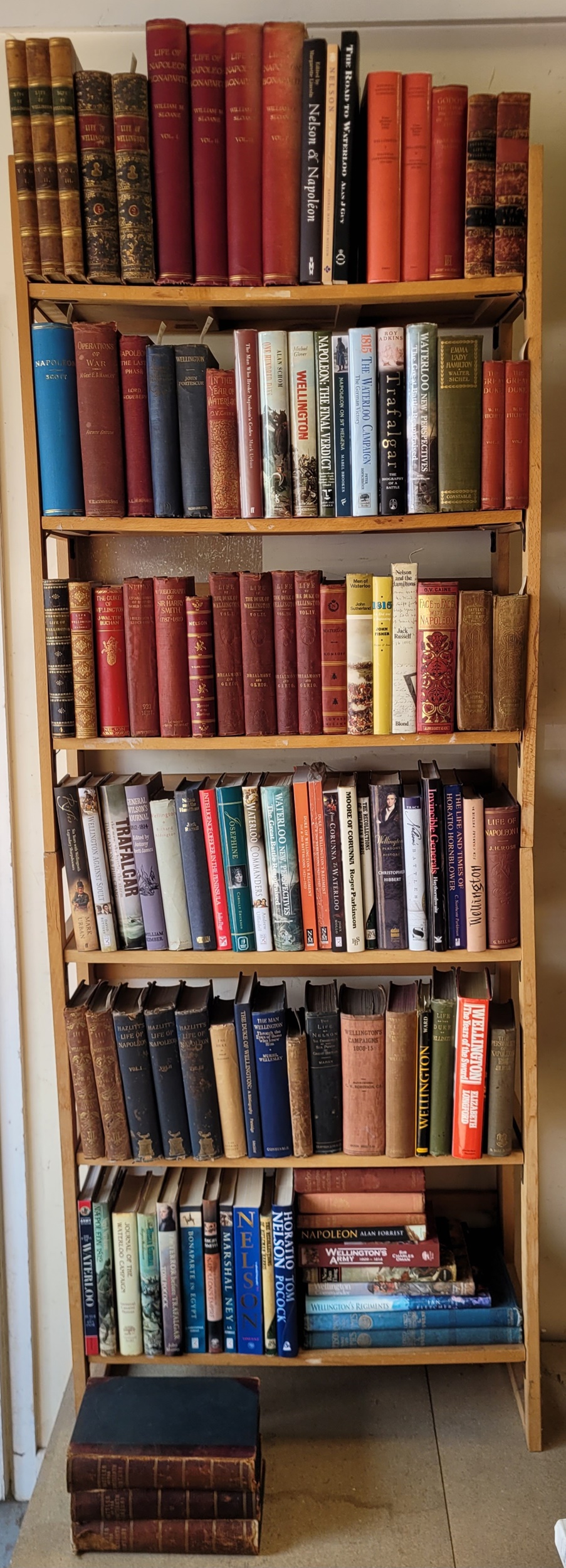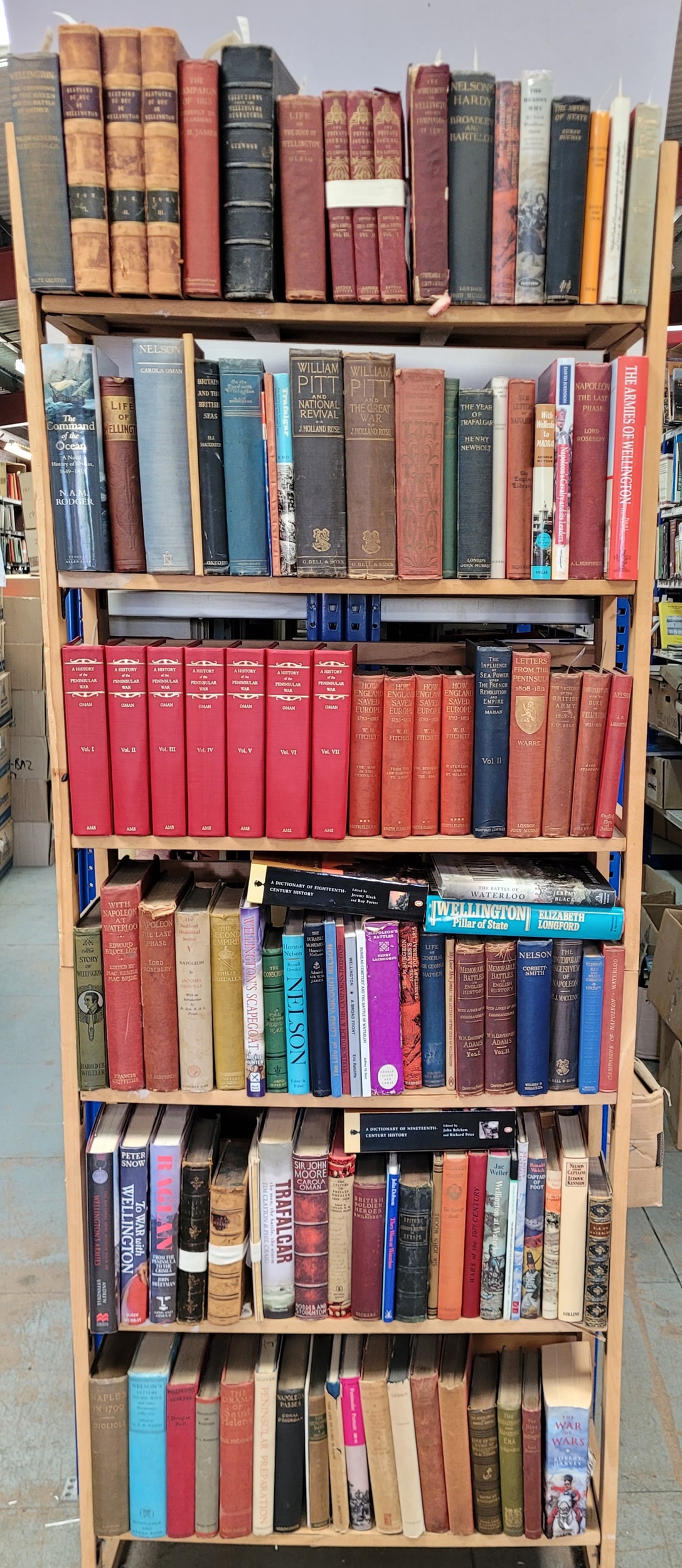The Collection of Napoleonic War Medals formed by the late R.W. Gould, M.B.E. A superb C.B., K.C.H. and Army Gold Medal group awarded to General Sir William Davy, 5th Battalion 60th Foot The Most Honourable Order of the Bath, C.B. (Military) Companion’s breast badge in gold and enamels, hallmarked London 1815, maker’s mark ‘IE’ for John Edwards complete with wide swivel-ring gold straight suspension and gold ribbon buckle; The Royal Guelphic Order, K.C.H. (Military) Knight Commander’s set of insignia, comprising neck badge with swords in gold and enamels, and breast star with swords in silver, silver-gilt, gold and enamels; Field Officer’s Gold Medal 1808-14, for Roleia, Vimiera & Talavera, 1 clasp, Talavera (Major Willm. Gabriel Davy, 5th Batn. 60th) complete with gold ribbon buckle, good very fine and better (4) £25000-30000 Footnote William Gabriel Davy was born in 1780, eldest son of Major Davy, of the Hon. East India Company’s Service, who was Persian Secretary to the Right Hon. Warren Hastings. Davy was educated at Eton, and in 1797 received a commission in the 61st Regiment. In January 1802 he became Captain in the 5th Battalion 60th Rifles, and in February 1807, Major, passing over the heads of thirteen Captains who were presumably too poor to purchase the step of promotion. Upon Lieutenant-Colonel Baron de Rothenburg being appointed to the staff in May 1808, Davy assumed command of the Battalion. The 5th Battalion of the 60th Rifles embarked at Cork for the Peninsular on 12 July 1808, and landed at Mondego Bay on 1 August, being the very the first unit ashore. The 5th/60th were in the thick of the action near Rolica, as described by Colonel Leach of the 95th: ‘The 60th and ourselves attacked the enemy’s right, and threw in so destructive a fire on their column, such as we could get within shot of, as to make them retreat in great disorder. You cannot conceive, nor can anyone who was not present on that day, the situation of ourselves and the 60th. We had to ascend first one mountain so covered with brushwood that our legs were ready to sink under us; the enemy on the top of it were lying down in the heath keeping up a hot and constant fire in our face, and the men falling all around us. Before we could gain the summit the French had retired to the next hill where they again lay concealed and kept up a running galling fire on us as we ascended. Having beaten them off the second hill and taken possession of it, the enemy retreated to a wood, there being a valley between us and it, and commenced a most tremendous fire, having received a reinforcement. The action now became very severe (and) ... lasted till ... the evening.’ In his despatch Wellesley remarked: ‘I must observe that although we had such a superiority of numbers employed in the operations this day, the troops actually engaged in the heat of the action were from unavoidable circumstances only the 5th, 9th, 29th, the Riflemen of the 95th and 60th, and the flank companies of Major-General Hill’s Brigade; being a number by no means equal to that of the enemy: their conduct therefore deserves the highest commendation.’ Whilst halted at Vimiera, awaiting the arrival of his newly appointed superior, Sir Harry Burrard, Wellesley ordered the 5th/60th to supply at least one company to each Brigade to act as advance guard and skirmishers. This reorganization meant that there were no battalion actions fought by the 5th/60th, but men of the battalion were present at almost every fight. In the subsequent victory at Vimiera the Rifles lost 14 men killed, and two officers and 22 men wounded. But their skill in marksmanship and light infantry tactics had indeed vindicated their raison d’être. A French officer, taken prisoner, quoted by George Simmons in A Rifle Man, says: ‘I was sent out to skirmish against some of them in green - grasshoppers I call them, you call them Riflemen. They were behind every bush and stone and soon made sad havoc among my men; killing all the off
The Collection of Napoleonic War Medals formed by the late R.W. Gould, M.B.E. A superb C.B., K.C.H. and Army Gold Medal group awarded to General Sir William Davy, 5th Battalion 60th Foot The Most Honourable Order of the Bath, C.B. (Military) Companion’s breast badge in gold and enamels, hallmarked London 1815, maker’s mark ‘IE’ for John Edwards complete with wide swivel-ring gold straight suspension and gold ribbon buckle; The Royal Guelphic Order, K.C.H. (Military) Knight Commander’s set of insignia, comprising neck badge with swords in gold and enamels, and breast star with swords in silver, silver-gilt, gold and enamels; Field Officer’s Gold Medal 1808-14, for Roleia, Vimiera & Talavera, 1 clasp, Talavera (Major Willm. Gabriel Davy, 5th Batn. 60th) complete with gold ribbon buckle, good very fine and better (4) £25000-30000 Footnote William Gabriel Davy was born in 1780, eldest son of Major Davy, of the Hon. East India Company’s Service, who was Persian Secretary to the Right Hon. Warren Hastings. Davy was educated at Eton, and in 1797 received a commission in the 61st Regiment. In January 1802 he became Captain in the 5th Battalion 60th Rifles, and in February 1807, Major, passing over the heads of thirteen Captains who were presumably too poor to purchase the step of promotion. Upon Lieutenant-Colonel Baron de Rothenburg being appointed to the staff in May 1808, Davy assumed command of the Battalion. The 5th Battalion of the 60th Rifles embarked at Cork for the Peninsular on 12 July 1808, and landed at Mondego Bay on 1 August, being the very the first unit ashore. The 5th/60th were in the thick of the action near Rolica, as described by Colonel Leach of the 95th: ‘The 60th and ourselves attacked the enemy’s right, and threw in so destructive a fire on their column, such as we could get within shot of, as to make them retreat in great disorder. You cannot conceive, nor can anyone who was not present on that day, the situation of ourselves and the 60th. We had to ascend first one mountain so covered with brushwood that our legs were ready to sink under us; the enemy on the top of it were lying down in the heath keeping up a hot and constant fire in our face, and the men falling all around us. Before we could gain the summit the French had retired to the next hill where they again lay concealed and kept up a running galling fire on us as we ascended. Having beaten them off the second hill and taken possession of it, the enemy retreated to a wood, there being a valley between us and it, and commenced a most tremendous fire, having received a reinforcement. The action now became very severe (and) ... lasted till ... the evening.’ In his despatch Wellesley remarked: ‘I must observe that although we had such a superiority of numbers employed in the operations this day, the troops actually engaged in the heat of the action were from unavoidable circumstances only the 5th, 9th, 29th, the Riflemen of the 95th and 60th, and the flank companies of Major-General Hill’s Brigade; being a number by no means equal to that of the enemy: their conduct therefore deserves the highest commendation.’ Whilst halted at Vimiera, awaiting the arrival of his newly appointed superior, Sir Harry Burrard, Wellesley ordered the 5th/60th to supply at least one company to each Brigade to act as advance guard and skirmishers. This reorganization meant that there were no battalion actions fought by the 5th/60th, but men of the battalion were present at almost every fight. In the subsequent victory at Vimiera the Rifles lost 14 men killed, and two officers and 22 men wounded. But their skill in marksmanship and light infantry tactics had indeed vindicated their raison d’être. A French officer, taken prisoner, quoted by George Simmons in A Rifle Man, says: ‘I was sent out to skirmish against some of them in green - grasshoppers I call them, you call them Riflemen. They were behind every bush and stone and soon made sad havoc among my men; killing all the off















Testen Sie LotSearch und seine Premium-Features 7 Tage - ohne Kosten!
Lassen Sie sich automatisch über neue Objekte in kommenden Auktionen benachrichtigen.
Suchauftrag anlegen